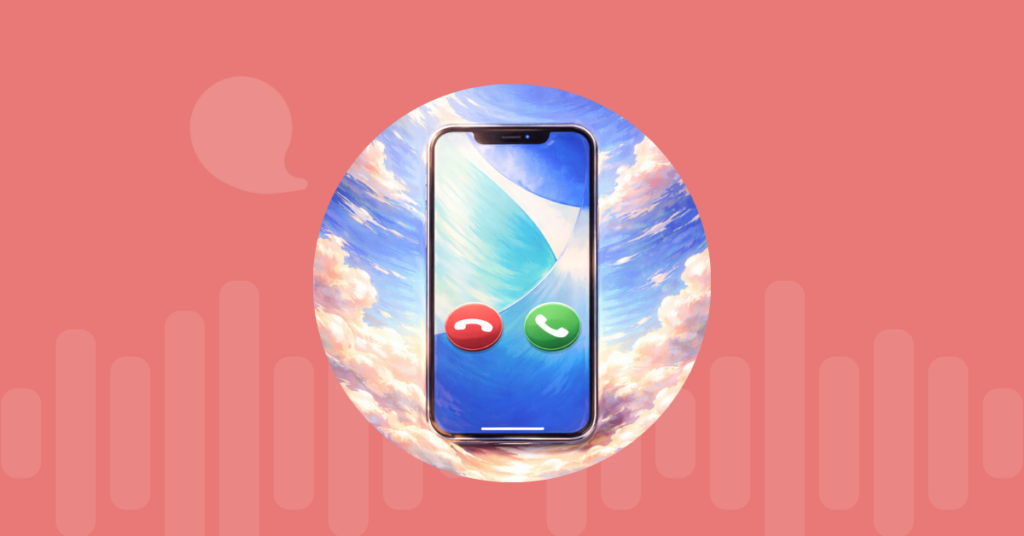
Table of contents
If your business is switching to VoIP – or planning to – purchasing VoIP phones is going to be part of the project. IP phones come in a variety of configurations and models at various price points. You can buy inexpensive units starting from $50 all the way to executive models that cost several hundred. The price difference is due to a number of factors including build quality, grade of competence use, ability to support advanced VoIP features and so on.
In any product or service category, there are significant differences between features that target business users versus those that are available for consumers. For the most part, this is due to purchasing power and demand for advanced functionality. Individuals and households rarely need business-grade features in a phone system like the ability to set up conference rooms with 40 participants. In most cases, they cannot afford to purchase them either.
The same difference holds for the actual IP phones themselves. There are quite a few features that business phones absolutely need in most circumstances. But the very same features are of no use to the vast majority of consumers. Organizations and consumers alike can fall prey to the mindset that more is always better. Even if they have no need for a feature today, they think they might need it in the future.
The reverse case also happens a lot. Many organizations think they shouldn’t waste money on expensive handsets with features they’re not likely to use. Hence quite a few companies under budget for IP phones and buy units that don’t meet their needs. It often leads to widespread frustration among employees, especially when the phone system supports those features but the handsets cannot cope.
So, here are 3 VoIP phone features that you need for your organization:
Programmable Function Buttons
From a business perspective, you can consider function buttons as one of the crucial must-have features for an IP phone. Most models come with at least a few buttons that are programmed for specific features. The more expensive versions will have programmable function buttons that you can map to any feature.
Why the emphasis on programmable? That’s because users will prioritize features based on their own requirements. A feature that is essential for a support agent in the call center may not be that useful for a manager in the accounts department. If the function buttons are programmable by the users, it allows them more flexibility in daily use.
Speed dial, redial, call transfer to a specific number, voicemail, and three-way calling are the most common features that are mapped to function buttons. An assistant for a senior executive might want to map a function button to transfer calls to the boss’s office instead of constantly clicking a long sequence of numbers each time.
Support Hunt Groups
Not all handsets will support hunt groups and ACD queues. Hunting groups allow designated employees in a particular group to answer incoming calls, based on availability. ACD queues allow departments to group incoming calls and assign people to answer them in a specific order or according to who is free to handle callers.
These two features are normally used by representatives in a sales or customer service department. However, a few organizations are using them company-wide among all the employees. It can be especially useful when there is a shortage of staff during holidays, severe weather etc. Or when specific teams are short staffed during industry events or some such situations.
Support for Alternate Modes
Business phone systems feature plenty of advanced functions like unattended mode, hotdesking (where you can transfer your desktop configuration to another device), hands-free sessions and similar functions. The phones you buy should be able to support whatever extra functionality that you need in your office environment.
Hands-free mode should be a top priority even if you don’t have much need for the others. Again, this is a feature that is most often used by call-center agents. These representatives generally need both hands free for data entry and retrieval while handling customer issues. But the ability to make and answer calls with wireless headsets can be useful for executives, senior managers, and administrative staff as well.
Other than these three features, there are other considerations you might want to keep in mind when purchasing IP compatible business phones. For instance, some models are built to be robust and work in harsh environments. They might be waterproof and feature large buttons so that users can access them while wearing gloves or protective gear. If your staff frequently use the phones to conduct video conference calls, you might want models with a larger screen or ones that have expansion modules for additional functionality. The phones you buy should meet your needs today and (hopefully) tomorrow as well.
Read this post in: Español
More from the blog
Want to improve your business communication?
Unlock enterprise-class call center power at affordable prices – no hardware, no delays, no surprises!






